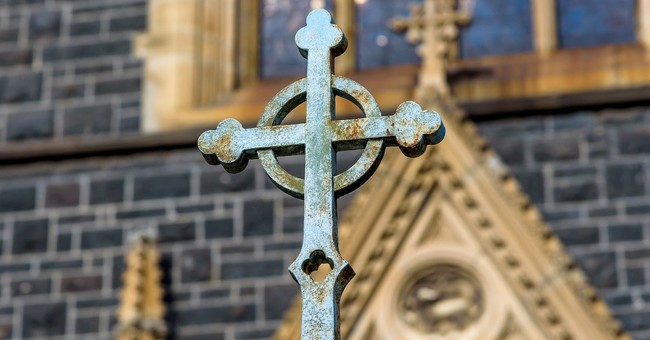The Archbishop of Canterbury, Justin Welby says he has no authority over the Anglican Church of Ghana in the ongoing debate about the LBGTQ+ bill.
Senior bishops of the Anglican Church in the United Kingdom and Ghana have agreed that although human dignity is always paramount, cultural and social contexts must also be considered.
This agreement was established during a virtual meeting held between the Archbishop of Canterbury and senior clergy of the Anglican Church of Ghana on Wednesday, November 3.
The fraternity discussed their different positions on the Promotion of Proper Human Sexual Rights and Ghanaian Family Values Bill, presently before Parliament.
The Archbishop of Canterbury, Justin Welby, was one of the several UK-based church leaders who expressed worry over the Bill.
Taking to Twitter on October 26, he decried the stands of the Anglican Church of Ghana, stating that “the majority of Anglicans within the global Anglican Communion are committed to upholding both the traditional teaching on marriage as laid out in the 1998 Lambeth Conference Resolution I:10 and the rights of every person, regardless of sexual orientation, before the law.”
But in a statement issued after the meeting, Archbishop Welby admitted that he has no authority over the Anglican Church of Ghana, therefore, ensured that the conversation was one between equals.
Read the Archbishop of Canterbury's statement following a meeting with the Archbishop, bishops and senior clergy of the Anglican Church of Ghana last week:
On 3rd November, I met online with the Anglican Archbishop of Ghana, the Most Revd Cyril Kobina Ben-Smith, and several bishops and senior clergy from the Anglican Church of Ghana. We discussed their response to the draft Bill that is before the Ghanaian parliament, aimed at strengthening family life but including within it provision for the criminalisation of many LGBTQI+ people.
I welcomed this conversation, which should have happened before my previous statement. That is not mere diplomacy: Christ commands us to speak directly and prayerfully with our brothers and sisters. I apologised for failing to do so.
We affirmed that the 1998 Lambeth Conference Resolution 1.10 represents the last and most widely accepted statement by the Anglican Communion on the question of human sexuality.
We agreed that all human beings are made in God’s image and are worthy of love, respect and dignity, and that the Church of Jesus Christ is called to demonstrate the love of God by protecting all vulnerable people and communities.
This was a conversation between equals: I have no authority over the Church of Ghana, nor would I want any. I say that partly because of Britain’s colonial history in Ghana, but also because of the very nature of the Anglican Communion. We are a global family of churches who are autonomous but interdependent: a holy, catholic, apostolic Church bound together by history, sacraments, liturgy, and the love of Jesus Christ for each and every person.
One of the key conclusions of the meeting is that human dignity is always paramount, and that cultural, social and historical contexts must also be considered and understood.
I encourage continued good conversation with the Anglican Church of Ghana, with the same courteous but clear and robust conversation as I experienced, ahead of any future public statements.





